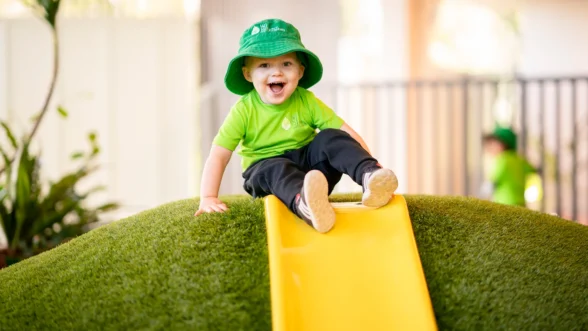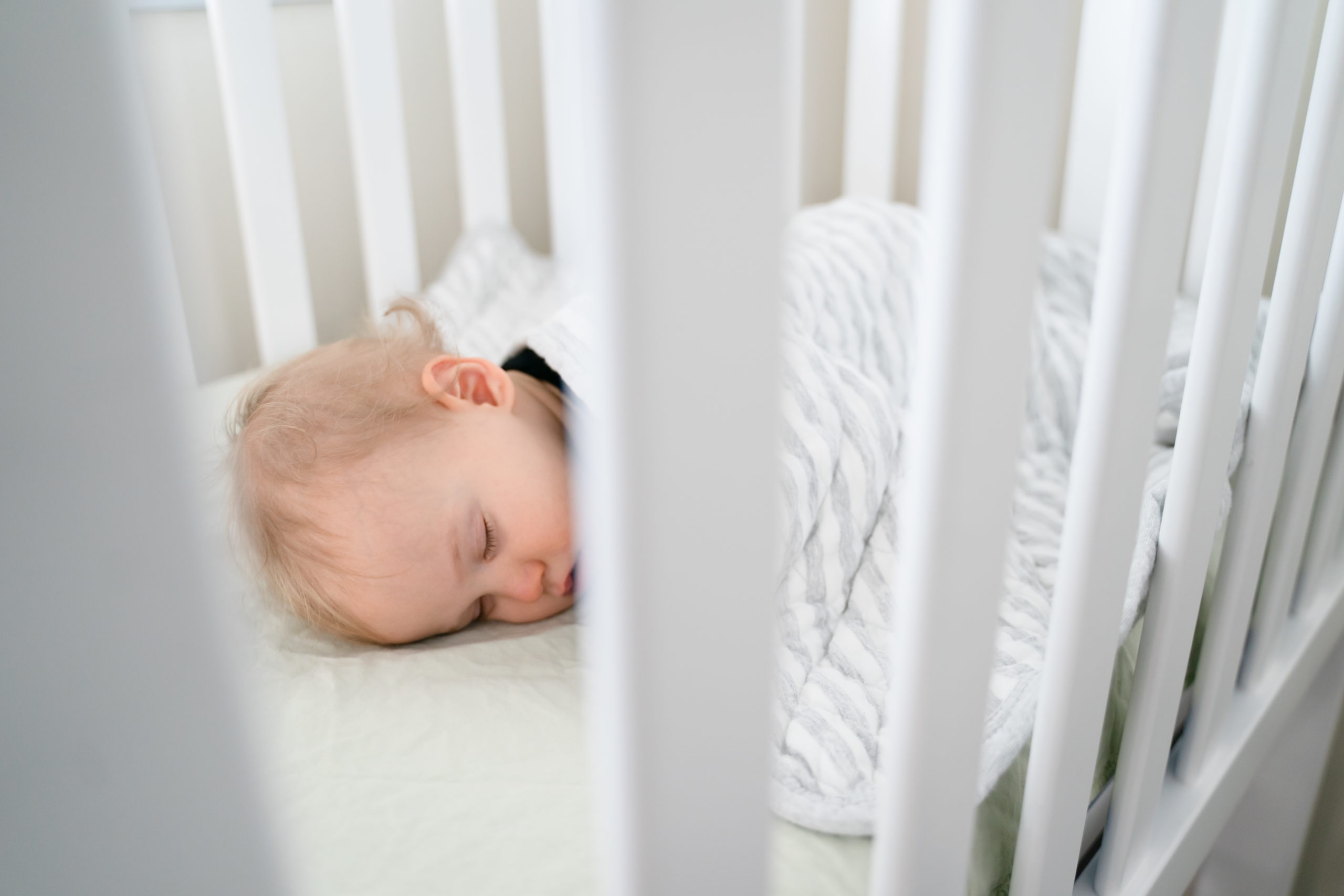If you or your children have ever fallen victim to a restless night, you know how much havoc it can cause. Here are some tips to fall asleep better, courtesy of a clinical psychologist.
If there’s one thing worse than sleep-deprivation, it’s having to deal with a sleep-deprived child.
But what can you do to encourage some decent shuteye, both for you and your child? According to Dr Lillian Nejad, clinical psychologist and publisher of sleep self-help guide, ‘LIFEBLOCKERS: The Sleep Edition,’ you can do a lot.
Set a bedtime
This is a no-brainer for our children, but how many of us adults are strict with our own bedtimes, too?
“Try not to vary your bedtime too much during weekends and holidays and remember that for optimal sleep, you should wake up at the same time no matter what time you go to bed,” says Dr Nejad. “To wake up at the same time every day, work out when you want to wake up and then count back your optimal number of hours of sleep – that’s your bedtime.”
To figure out your child’s bedtime, the rules of thumb outlined by the key health bodies are a good guide. This guideline should include naps:
- Infants (3-11 months): 14-15 hours
- Toddlers: 12-14 hours
- Preschoolers: 11-13 hours
- School-age children: 10-11 hours
Create a bedtime routine
Setting a routine can help trigger the feeling of general fatigue – humans of all ages are creatures of habit, Dr Nejad says, and regular triggers will help induce certain feelings.
“Develop bedtime rituals that help you relax and unwind – listen to soothing music, wash your face, read a few pages of a book, or do gentle stretches or a brief meditation,” says Dr Nejad. “With daily repetition, your routine will become a cue for your body to prepare for sleep.”
Many parents rely on the three B’s for children: bath, book, and bottle. Feel free to create your own bedtime routine as long as it’s something that relaxes them and prepares them for sleep.
“It’s also important to create an optimal sleep environment – make sure the room is dark, you have a comfortable mattress and pillow and the temperature is between 17 and 20 degrees,” says Dr Nejad.
What’s more, Dr Nejad says you should sleep when you’re sleepy.
“There is a natural sleep-wake cycle of about sixty to ninety minutes so if you delay sleep when you are feeling sleepy, you may miss your window,” says Dr Nejad. “Bottom line: when you feel sleepy, go straight to bed!”
Create an awake routine
Can’t sleep? Set up a routine for that, too. If you can’t fall asleep or you wake up and can’t get back to sleep, instead of laying there stewing, develop a calming routine that will at the very least help you relax and, at best, help you fall back asleep.
“Manage your sleep worries so that you’re not thinking unhelpful thoughts at bedtime like, ‘I’ll never get to sleep’ or ‘I won’t be able to function without sleep’,” says Dr Nejad.
But how can we do this?
“Remember that your thoughts are not facts,” says Dr Nejad. “A pressured mindset will not prepare you for falling and staying asleep. Instead, tell yourself that you can cope whether you get sleep or not – you may not be at your best, but if you look at your ability to cope in the past, you will most likely find that you have been able to function to an adequate degree in at least some areas in your life.”
Instead of stressing, think of positive affirmations like “I am working on getting a better night’s sleep” and remember that resting calmly in bed is almost as restorative as sleep.
The belief that you will be able to sleep, or sleep self-efficacy, is linked to lower severity of insomnia and better outcomes in treatment, so keeping these affirmations in mind will take the pressure off and put you a better position to have a good night’s sleep.
Your day impacts your night
For adults, limiting daily naps can help you sleep better at night. Dr Nejad also recommends reducing or cutting out caffeine and alcohol and expending energy with physical activity.
“There are also apps you can use during the day that will lower the overall level of stress and anxiety that is likely to interfere with your sleep,” says Dr Nejad. “Try Smiling Mind, Headspace, InsightTimer and Calm, or CBTi or Sleepio specifically for insomnia.”
When it comes to children, unfortunately, a bad nap usually means a bad night’s sleep. A child who is cranky and overtired will have difficulty getting to sleep and might wake up several times throughout the night.
Specialists usually recommend at least one nap each day in the child’s own crib or bed — not in the car seat or stroller. It’s the best way to ensure they get a good quality rest.
Edge Early Learning

